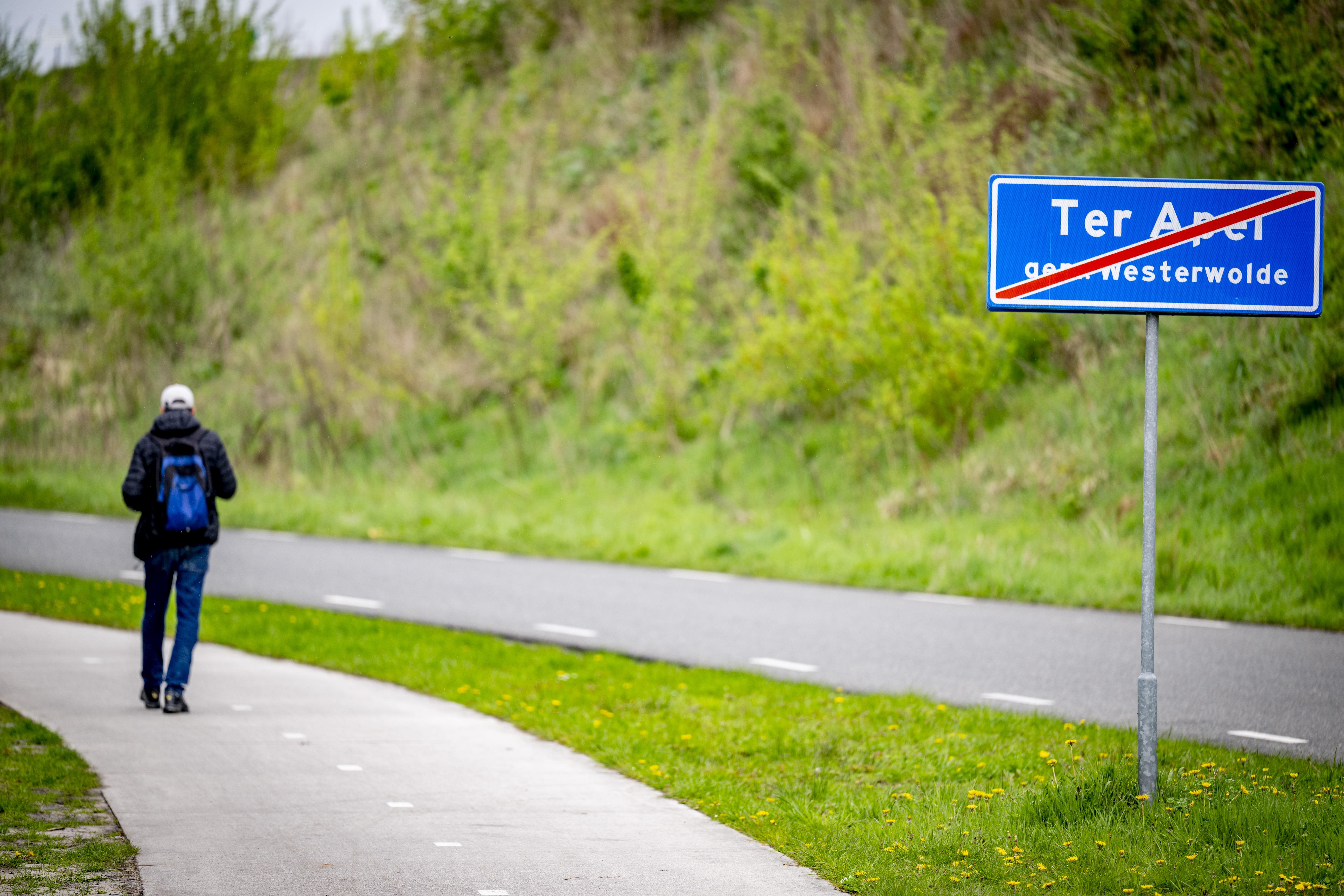Individual cases, such as an asylum seeker who has committed an offence, or children born in the Netherlands who must return to their country of origin after many years. Cases such as these often draw the attention of society, the media and politics. But the IND cannot comment on them. This article explains using four questions and answers.
Why does the IND not comment on individual cases?
The IND cannot comment on individual cases, regardless of the procedure. We do this to protect the privacy of the person concerned. Personal data is subject to the General Data Protection Regulation (GDPR), regardless of whether it is about asylum, family reunification, naturalisation, a work permit or any other residence application. This regulation states that personal data or other traceable information must not be shared without consent. This protection applies to everyone, even if a case draws a lot of attention in the media or on social media.
Does it make any difference if someone seeks publicity themselves?
Even then, the IND does not give information in most cases. Sometimes people choose to share their story with the media or on social platforms. Their lawyer or spokesperson may also do this for them. But that does not mean the IND can disclose anything about the case. The duty of confidentiality remains in place. It is our duty to handle personal data and other information that may compromise the privacy of data subjects with care.
Sometimes there has been a court case. If the ruling is public, the IND can refer to the ruling.
Why is the IND unwilling to give information about people who have committed offences?
The fact that someone is suspected of a criminal offence, or even convicted, does not mean we can speak freely about it. The IND is bound by the same legislation as other government organisations: personal data remains protected, even in the case of criminal information. Whether and how a criminal record affects a residence permit depends on the law and on the individual case – and we are not allowed to disclose that.
What can the IND disclose if questions are asked about a case?
While we do not go into individual cases, we can explain how our procedures work. For example, how an asylum application is assessed, which requirements apply for family reunification, or how a naturalisation procedure works. That information is publicly available and can be found on ind.nl. If we receive questions from the media or the public, we can explain the general procedure, but never how it was applied in a specific case.
